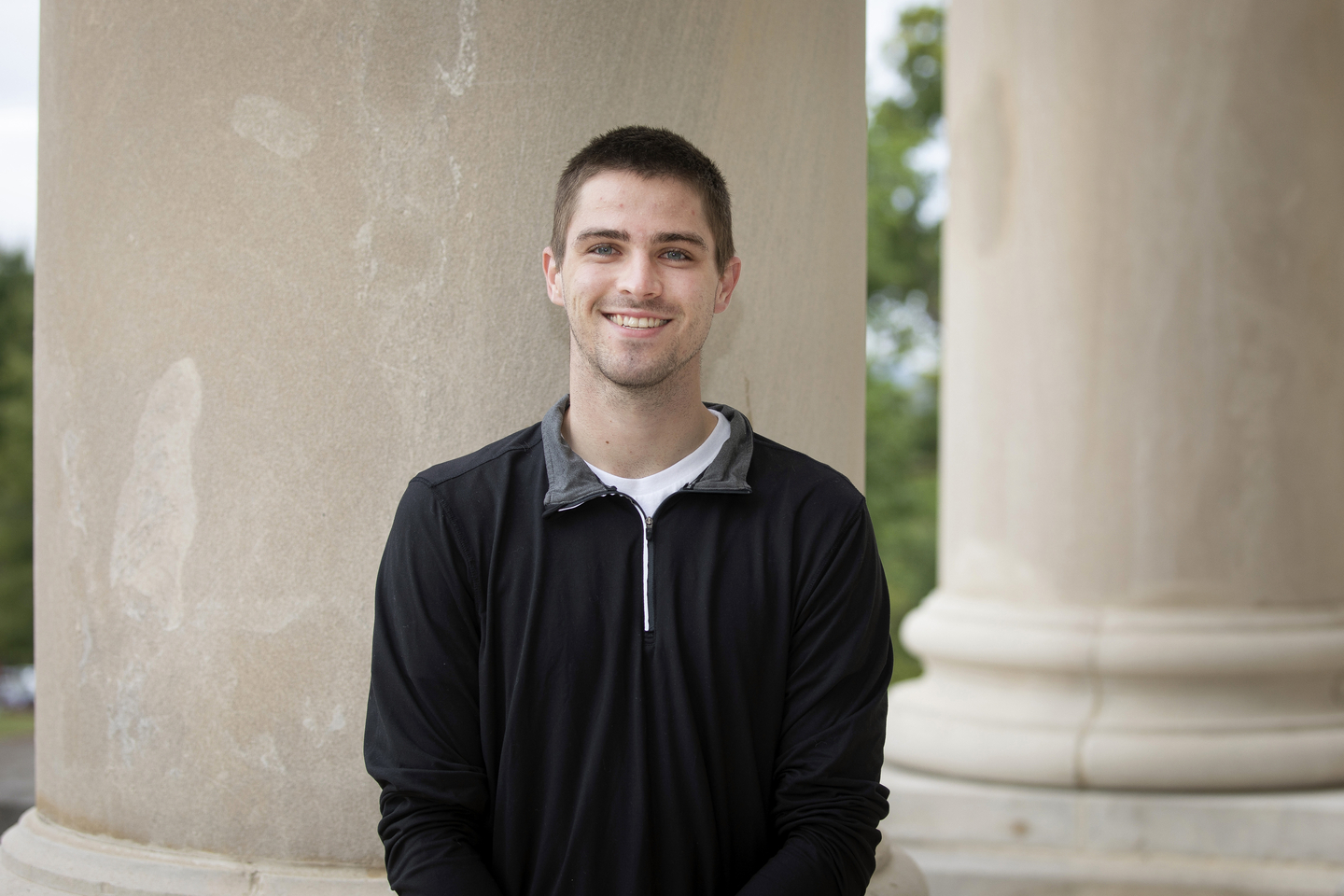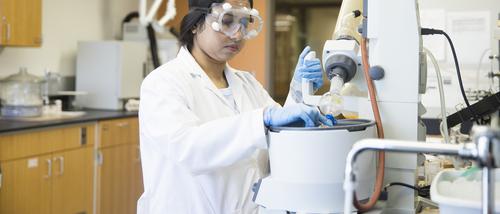complete your Master’s program
In order to graduate with a master’s degree in many of the graduate programs at SEMO, students must first complete a thesis paper that portrays their research and comprehension skills from their graduate program.
Thesis papers are intended to be the culmination of years of study and research in a graduate program.
Thesis
Thesis papers provide an opportunity for graduate students to display their overall growth in knowledge and academic skills obtained in their respective graduate program. Expected completion for a thesis paper is at least two semesters and candidates will receive feedback and guidance from three graduate faculty members.
Capstone Projects
Some degree programs require a capstone research project prior to graduation. These projects range from portfolios to papers to exams. Check with your program’s graduate coordinator about capstone projects.
Class of 2020, Biomedical Science and Chemistry
"Conducting research gave me a sense of which medical programs I am interested in applying to as well as specialties I am considering after my training. I’ve worked in a wide range of labs on campus, which has prepared me for the research I want to do in medical school."
Andrew Behrmann

Cape Girardeau, MO 63701
